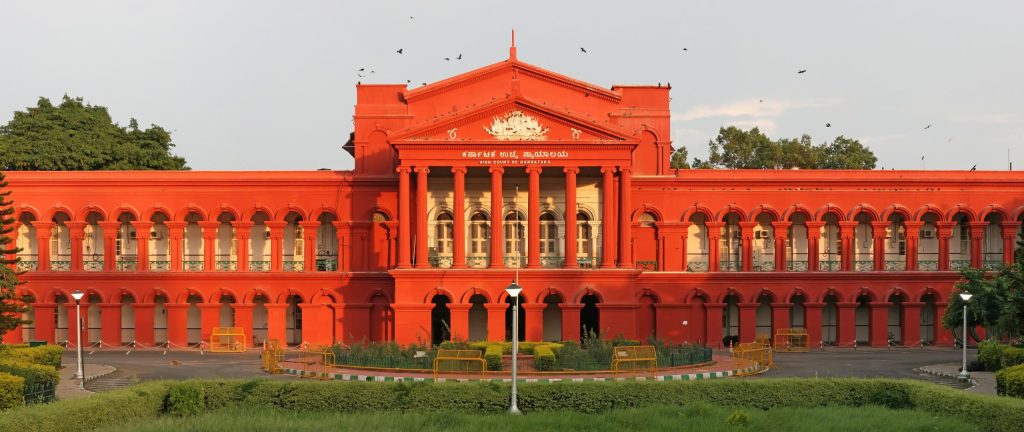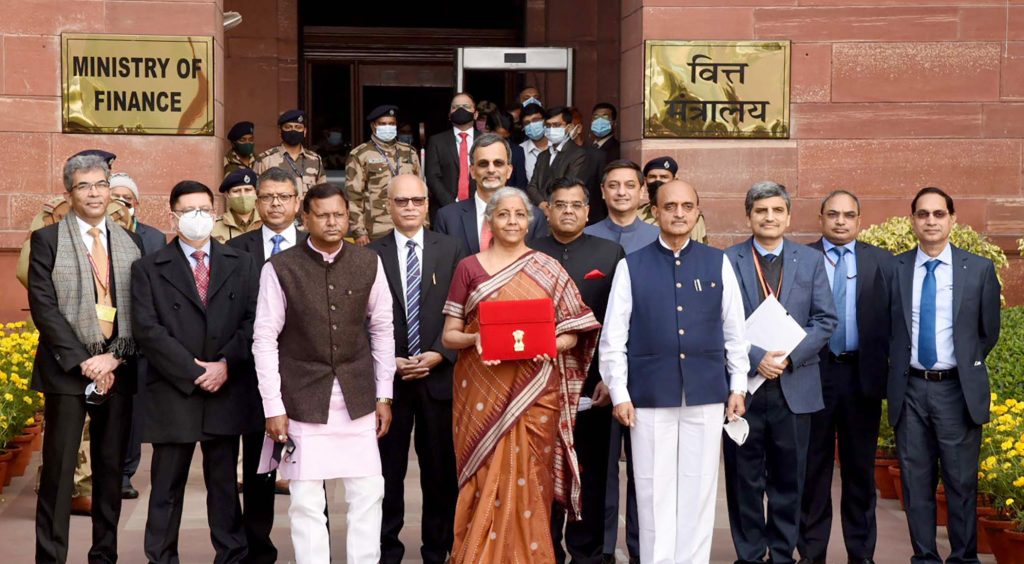Now Reading: Professional Misconduct of Lawyers: An analysis of Harish Chandra Tiwari vs Baiju
-
01
Professional Misconduct of Lawyers: An analysis of Harish Chandra Tiwari vs Baiju
Professional Misconduct of Lawyers: An analysis of Harish Chandra Tiwari vs Baiju
Brief Essence
In this case the Hon’ble Supreme Court of India addressed the issue of professional misconduct of the Advocates and set out certain parameters on which the Bar Council can weigh upon while deciding the quantum of punishment. The Court also opined that embezzlement of client’s money by an advocate is regarded as the severest and there is no justification in reducing the quantum of punishment as it is a clear breach of trust of the client and thereby maligning the reputation of the noble profession of advocacy.
Parties
1. The Appellant, Harish Chandra Tiwari is a practicing Advocate and is enrolled with the Bar Council of UP since May 1982 and has been practicing in the courts at Lakhimpur Kheri District in U.P.
2. The Respondent, Baiju is the client of Adv. Harish Chandra Tiwari and has engaged Mr. Harish in a land acquisition case in which the Respondent was the Claimant for compensation.
Facts
1. In this case Mr. Baiju hired Mr. Harish Chandra Tiwari for a land acquisition case who was an enrolled as an Advocate with the Bar Council of UP since 1982 and has been practicing in the District Courts of UP mainly in Lakimpur Keri District.
2. Mr. Baiju was the claimant for the compensation in the case for which after he won, the State deposited a compensation of Rs. 8118/- in the Court. Mr. Baiju was an old, helpless, and poor illiterate person.
3. Mr. Harish Chandra Tiwari on behalf of his client withdrew the said amount from the Court on 02.09.1987 and did not informed and did not retuned that amount to his client Mr. Baiju to whom the amount was payable.
4. Mr. Baiju after a long time came to know about this and after failing to recover the amount from his lawyer, he filed a complaint with the Bar Council of UP to look into this matter and take suitable disciplinary action against the Appellant.
5. On 12.07.1988, the Appellant admitted that he was engaged as the counsel for the Respondent in a land acquisition case and he withdrew the amount from the Court, but he returned it to the Respondent after deducting the appropriate legal fees and expenses.
6. On 03.08.1988, the appellant filed an affidavit on behalf of the respondent without his knowledge before the Bar Council of UP in which it was clearly stated that a compromise has been entered between the Appellant and the Respondent and there is no need take any further action on the complaint filed by the Respondent. Not being convinced, the State Bar Council summoned the Respondent for the verification of the said Affidavit, where the Respondent denied the contents of the affidavit and told that there was no such compromise between the Appellant and the Respondent and disclaimed that he received any compensation amount.
7. After the said incident, the case was transferred to the Bar Council of India under Section 36B (2) of the Advocates Act 1961 to start the disciplinary proceedings against the Appellant.
8. The Disciplinary Committee after having viewed the contents of the case concluded that affidavit filed by the Appellant was a forged one and was fabricated. Therefore, the conduct of Mr. Harish Chandra Tiwari and his elusive imprecise testimony duly makes out that after taking the cheque from the Land Acquisition Officer in his own name, Mr. Harish failed to make the compensation to Mr. Baiju who is uneducated, poor person and his money has been misappropriated by the delinquent Advocate.
9. The Appellant was not able to prove that he has paid the amount to the Respondent and the factual position remains against him. The Appellant withdrew the amount and failed to deliver it to his client for more than 11 years and therefore is guilty of professional misconduct and has smeared the reputation of the entire moral vocation and has committed a breach of trust.
10. After the decision of the Disciplinary Committee which held Mr. Harish guilty of breach of trust for misappropriating the assets of the client and imposed a punishment of suspending him from practice for a period of 3 years. Aggrieved by the decision of the Disciplinary Committee, the Appellant hereby preferred appeal to the Supreme Court of India under Section 38 of the Advocates Act 1961.
Issues
1. Whether the punishment shall be enhanced to the removal of the name of the Advocate from the Roll of the Bar Council of UP or not?
2. What all factors needs to be determined while awarding a punishment by the Disciplinary Committee on proved misconduct?
3. Does Supreme Court have the power to vary or alter the punishment awarded by the Disciplinary Committee of the Bar Council of India?
Applicable Laws
1. Section 38 of the Advocates Act 1961– Appeal to the Supreme Court.
2. Section 36B (2) of the Advocates Act 1961– Disposal of Disciplinary Proceedings.
3. Section 35 of the Advocates Act 1961– Punishment of Advocates for Misconduct.
Arguments advanced by the Parties
· The Appellant contended that he is not liable to be punished at all and on the other hand pleaded that he has returned the money to his client.
· The Appellant also contended that he withdrew the amount out of the court in order to return it to the client after deducting his legal fees and expenses and also filed an affidavit stating that there has been a compromise between him and his client.
· The Appellant also cited two citations in his favor in which the punishment awarded has not been escalated to the removal of the Advocate from the Roll itself. The Appellant cited Prahlad Saran Gupta vs Bar Council of India and Another, where the crook advocate retained a sun of Rs 1500 without sufficient justification for a period of 4 years and then submitted the said amount in the court without dispersing the amount to his client. Therefore, it was held that this act of the Advocate was not in harmoniousness with the professional standards and the court imposed a punishment of reprimanding the advocate concerned[1].
· Another case cited by the Appellant is BR Mahalkari vs YB Zurange, in which the advocate retained the sum of Rs 1176/- which was returned by him to the client before the proceedings by disciplinary committee were initiated. Therefore, the committee found the advocate guilty of professional misconduct and disbarred him from practicing for a period of 3 years. [2]
Decision/Ratio Decidendi
In the following case the Supreme Court opined that the cases cited by the Appellant are of no help as the facts of the case in different are totally different and speak for themselves. Therefore, Supreme Court held that the misconduct of the Appellant is of a far pointrel breadth. The Supreme Court imposed the punishment of removal of the name of the Appellant from the roll of the Advocates and was held debarred from practicing in any court of law or before any authority or person in India.
The Supreme Court said that the cases cited by the Appellant will not help in extenuating the quantum of punishment.
Case Analysis
In this particular case, the Supreme Court while examining the facts and circumstances of the case also preached and decided the above issues. The Appellant in its appeal contended that he is not liable to be punished and had returned the money to the client. But in the opinion of the Supreme Court the Appellant was not able to prove and could not show a single piece of evidence to prove his innocence. On the other hand, the Appellant held the amount of Rs 8118/- in his possession for a period of more than 11 years and is thus guilty of professional misconduct and has also slandered the status of the noble profession of advocacy and also committed a criminal breach of trust.
Addition to the above circumstances, the Appellant also filed a forged affidavit on behalf of his client that there is a settlement arrived between him and his client in front of the Disciplinary Committee in order to quash the disciplinary proceedings going against the Appellant. This amounts to a grave offence and also disrupt the carriage of justice. Therefore, the Hon’ble Supreme Court was precise in enhancing the punishment of the Appellant thereby removing him from his name from the roll of the Bar Council of UP and restrained him from practicing in front of any court of law or in front of any person in India.
Referring to the second issue, the Hon’ble Supreme Court of India laid down certain criteria for deciding the quantum of punishment, which was to be awarded to the aberrant advocate, since the punishment awarded by the Disciplinary Committee of the Bar Council of India was not proportional to the seriousness of felony committed. While deciding the punishment the Bar Council must weigh various factors such as:
· Acute need to purify the legal profession from those advocates who are disposed to embezzling money of the clients. Deterrence is thus a protruding deliberation. This option is practically necessary when the legal profession has become overcrowded, without there being any active sieving process at the time of admittance.
· To keep up the professional standards it becomes essential that nobody should form the imprint that once a person is admitted to the legal profession, he would be immune to any punitive measures and is free to indulge in despicable or detectable activities. Therefore, only the Bar Council of India or of the State is the only appropriate authority which can efficiently maintain this probity of the legal profession.
· The proper message should be conveyed to all the members of the legal fraternity that they are being watched, regarding their professional activities, through the lenses by the Bar Council and that its Disciplinary Committee would not acquiesce any professional incapacity with escape piece penalty.
With regards to various types of professional misconduct, embezzlement with client’s money is regarded as one of the severest. There is a fiduciary relationship between a layer and his client, and it is the duty of the lawyer to keep his client’s money safe. If an advocate embezzles money of his client, then there is no reason in reducing the seriousness of the offence. But if such breach of trust remained only for a temporary period of time, then the penalty can be mitigated to a certain extent. But there must be a proper justification as to the award of lesser punishment where the crook advocate returned the money before instigation of the disciplinary proceedings.
Referring to the third issue, as per Section 38 of the Advocates Act 1961, the Hon’ble Supreme Court of India has the power to pass such order including an order varying the punishment awarded by the Disciplinary Committee of the Bar Council of India or of the State as it deems fit, provided that there must a reasonable opportunity give by the court to the Advocate of being heard if such order will prejudicially effect the appellant by varying his punishment. Therefore, in the present appeal a notice was given to the learned counsel for the appellant to show cause why the punishment should not be enhanced to removal of the name of the Appellant from the roll of the Bar Council of the State[3].
Section 35 of the Advocates Act, 1961 envisions three different punishments such as:
· Reprimand the Advocates
· Suspend the Advocate from practice for such period as it may deem fit
· Remove the name of the Advocates from the State roll of advocates[4]









